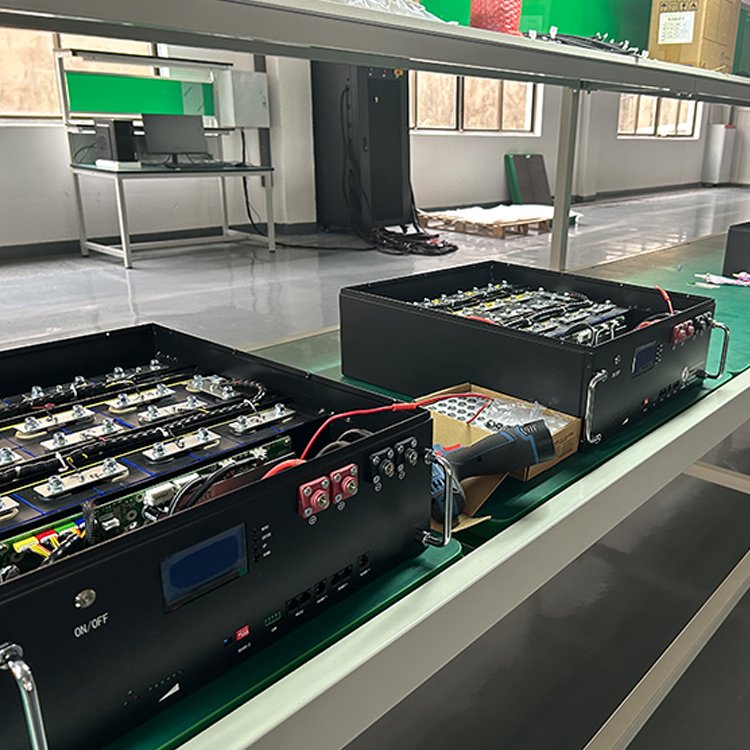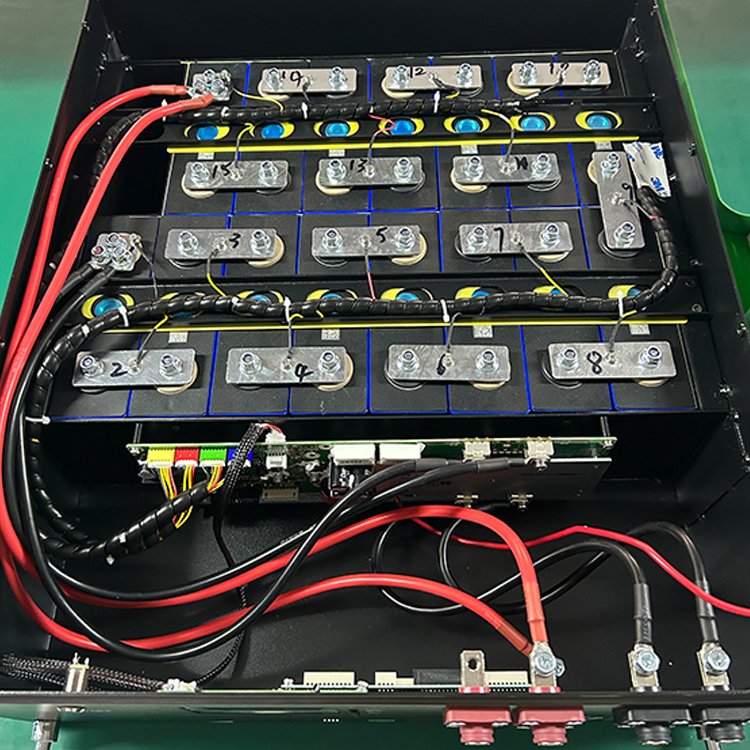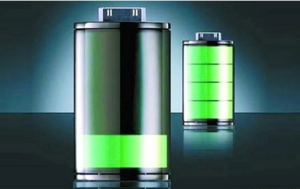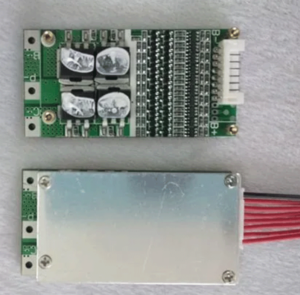Fast charging technology and battery management systems for lithium batteries are currently important research directions in the fields of electric vehicles and portable devices. Fast charging technology can significantly shorten battery charging time and improve user charging convenience, while the battery management system can ensure the safety and life of battery charging. We briefly introduce the research status, challenges and challenges of lithium battery fast charging technology and battery management systems. prospect.

1. Lithium battery fast charging technology
(1) Fast charging principle and design
1. Fast charging principle: The fast charging technology of lithium batteries is mainly achieved by optimizing battery materials, improving battery structure and controlling the charging process. For example, the charging speed and capacity utilization of the battery can be improved by using high-capacity electrode materials, changing the electrode structure, adjusting the electrolyte composition, etc.
2. Fast charging source design: In order to meet high-power charging requirements, it is necessary to design an efficient and stable charging power supply. For example, using high-power chargers and adopting software and hardware collaborative design can effectively improve charging efficiency and power supply stability.
3. Thermal management and heat dissipation design: A large amount of heat is generated during fast charging, and effective thermal management and heat dissipation design are required to prevent battery overheating and damage. The temperature during charging can be effectively controlled using technologies such as heat dissipation devices, heat pipes, and liquid cooling.
(2) Types of fast charging
1. High-power charging: Increase the charging speed by increasing the charging current, but the safety and life of the battery need to be considered.
2. Fast charging algorithm: Improve charging efficiency and speed by optimizing the current and voltage control strategies during the charging process.
3. Fast charging materials: Develop positive and negative electrode materials with high ion conductivity and fast lithium ion intercalation/deintercalation capabilities to increase charging speed.
2. Lithium battery management system
The Battery Management System (BMS) is a key system responsible for monitoring, controlling and protecting lithium batteries. It mainly includes the following functions:
1. Battery status monitoring: The battery management system needs to monitor the battery status, including voltage, current, temperature and other parameters. By using sensors and monitoring circuits, battery status information can be obtained in real time.
2. Charging process control: The battery management system needs to control the charging process to optimize the charging rate, charging time, etc. The use of intelligent charging algorithms and control strategies can ensure the safety and efficiency of the charging process.
3. Battery balancing technology: During the charging process, there will be an imbalance between battery cells, resulting in a reduction in charging efficiency and battery life. Using battery balancing technology, such as dynamic balancing, static balancing, etc., can improve the performance and life of the battery pack.
4. Fault diagnosis and protection: The battery management system needs to perform fault diagnosis and protection to avoid battery performance damage or safety accidents caused by battery overcharge, over-discharge, over-current, etc. Using fault detection and protection measures can improve battery reliability and safety.
3. Challenges faced
1. Temperature rise control: A large amount of heat is easily generated during fast charging, and the temperature of the battery needs to be effectively controlled and managed to prevent overheating and damage to the battery.
2. Demand for charging equipment: Achieving fast charging requires higher power and more advanced charging equipment, and the construction and investment of related infrastructure are also challenges.
3. Safety: There are certain safety risks in fast charging, such as battery overheating, overcharging, etc. A strict battery management system is required to ensure the safety of the charging process.
4. Consider battery life: The fast charging process has a greater impact on battery life. The balance between battery performance and life needs to be comprehensively considered in the design of fast charging technology and battery management systems.
4. R&D direction
1. New material research and development: Research and develop electrode materials with high capacity, high conductivity and good cycle stability to meet the needs of fast charging.
2. Charging equipment technology: develop efficient and high-power chargers and power systems to improve charging efficiency and stability.
3. Intelligent battery management: Based on artificial intelligence and big data technology, develop an intelligent battery management system to achieve more accurate charging control and fault prediction, and improve battery performance and life.
4. Unified fast charging standards: Develop unified fast charging standards and protocols to promote the interoperability of charging equipment and batteries, and promote the development of the industry and the application of technology.




